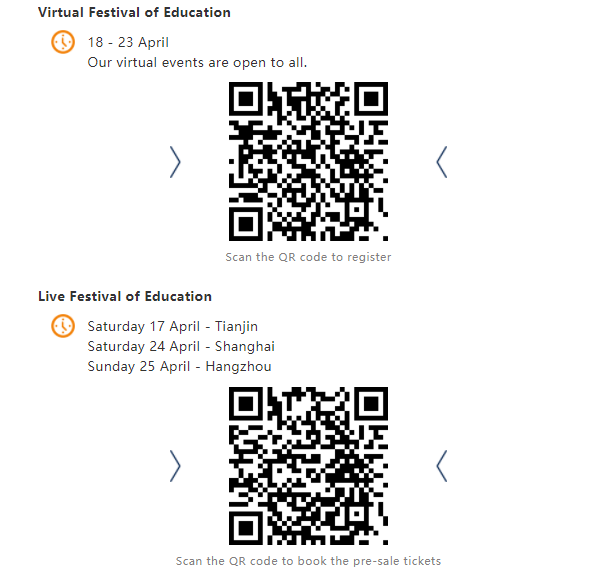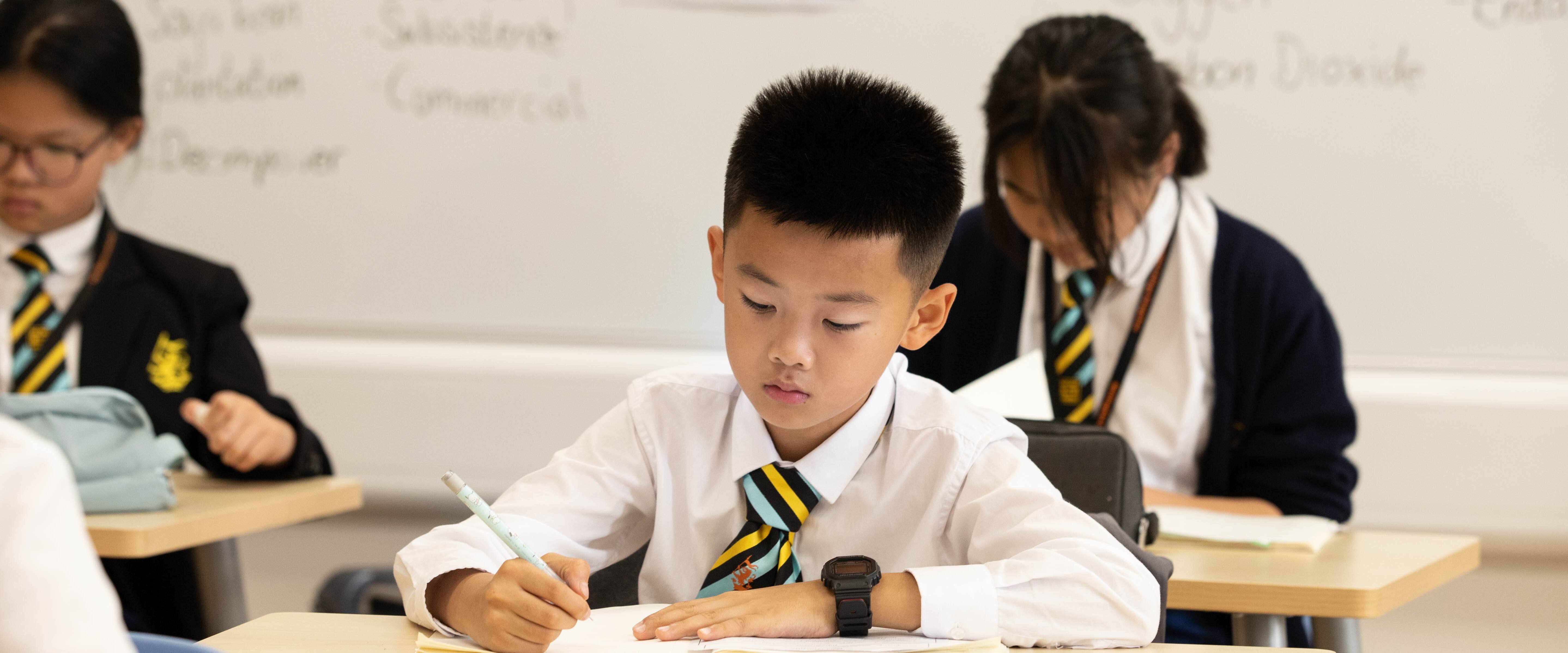
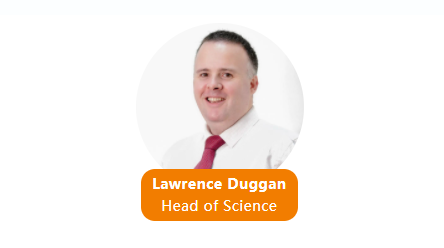
The study of science is about asking questions based on the observation of the world around us. It enables us to understand why things happen the way they do and our own unique place in the universe. Here at Huili we split this study into three disciplines: Biology, Chemistry and Physics. This enables pupils to understand the specific aspects of science related to living things, materials and their properties and the laws that govern the way the universe works.
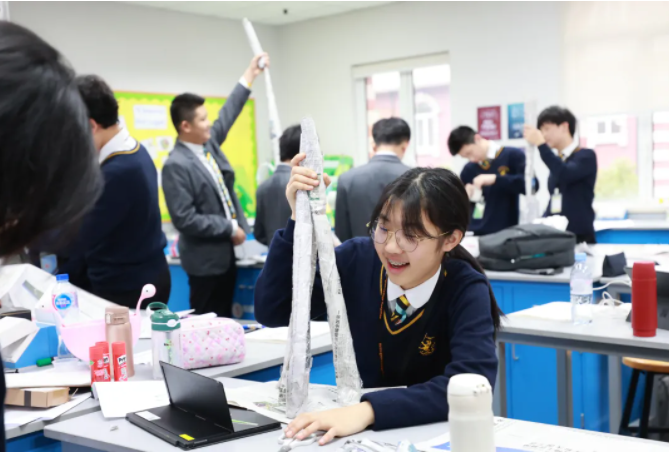
We believe in a hands-on approach that allows pupils to investigate things for themselves and come to their own conclusions and understanding. This way pupils learn more deeply and can use this real-world experience to help understand some of the more abstract ideas covered.
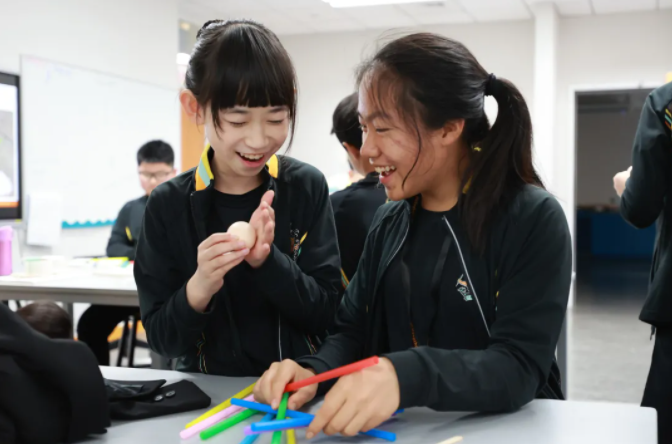
Science is taught as a discrete subject in Primary from grade 4 and continues through Junior High to grade 10 when students sit their IGCSE examinations. During this time pupils learn via a spiralized curriculum, meaning that they come across the same topics every 2 years, with an increase in difficulty and understanding required with each repeat. This enables pupils to develop the skills needed to be successful and build on these skills while revisiting the content each time. The key scientific enquiry skills that they gain fall into the categories below:
Scientific calculations. units and conversions
Experimental design and methodologies
Analysis of data, graph plotting and conclusions
Evaluation of conclusions and methodologies
The mastery of these key skills is essential for pupils to progress in their scientific careers and as such our system helps prepare students for further study in science and progression to A-Level study and beyond.
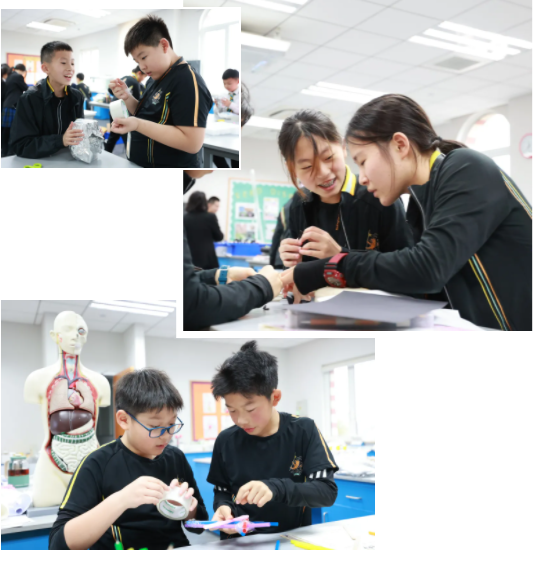
In lessons pupils are taught by specialist teachers in English using a range of strategies that allow pupils to actively participate in their own learning. These include class discussion, group presentations, investigative experimental work, debates and research projects. Each of these activities aims to build the key scientific skills at the same time as the confidence and ability of our pupils to communicate what they know effectively. We also have many opportunities throughout the year for pupils to extend themselves further outside of lessons to produce pieces of scientific work for competition. This includes our science fair, house quiz competition and of course the activities pupils participate in as part of science week.
During science week pupils are exposed to science in a way that enables them to practice the use of the skills they have developed, to complete challenges related to the theme of innovation for the future. Each of the activities is designed for pupils to work in a competitive science environment developing their own methods for success, before evaluating this success and trying to improve upon it.
Grade 4 investigated the principles of floating and sinking by building tin foil boats to see which designs could hold the largest mass of cargo. This enabled them to look at the forces that affect large ships and how they can float while holding large amounts of cargo.
Grade 5 were looking at energy transfers and more specifically the loss of heat from houses and other objects that need to stay warm. As part of this they needed to build their own insulated environment to keep the heat inside. This has many applications in the wider world ranging from making housing more energy efficient to the principles of noise reduction.
Grade 6 experimented with crash protection systems by building containers to stop an egg from breaking when dropped. This encouraged pupils to consider the forces that occur during a crash and how they can be reduced. Of the many applications this knowledge has one of the most important is to help prevent accidents and injuries during traffic accidents.
Grade 7 developed the idea of egg protection even further by looking at how to post fragile items safely. Their challenge was to design a method of protecting an egg through the postage system using a limited range of equipment. This was particularly challenging as they also had to budget for the items they used in order to make something that not only could perform the task but also be financially viable.
Grade 8’s task was to build freestanding towers from newspaper. This challenge involves looking at the forces on a tall building as well as the properties of the materials you build from. Working in teams many pupils developed ingenious solutions using the strength of triangular as well as cylindrical and arched construction techniques.
Grade 9 developed miniature heat shields to protect a space craft from the heat of re-entry. Pupils needed to think about the 3 methods of thermal energy transfer and how to design a system that would reduce them to a level that would enable to spacecraft to survive.
Learning science at Huili in a hands-on pupil centered environment, really allows every pupil to love the subject and meet the rigorous academic demands of the assessments needed to progress to further study in science.
About Mr. Duggan
Mr. Duggan has been a specialist teacher of Science in and around the City of Coventry. After completing his Postgraduate Certificate in Education at Warwick University, he has taught Biology to A Level and gained numerous qualifications to support his ability to deliver enriching learning opportunities to young people.
